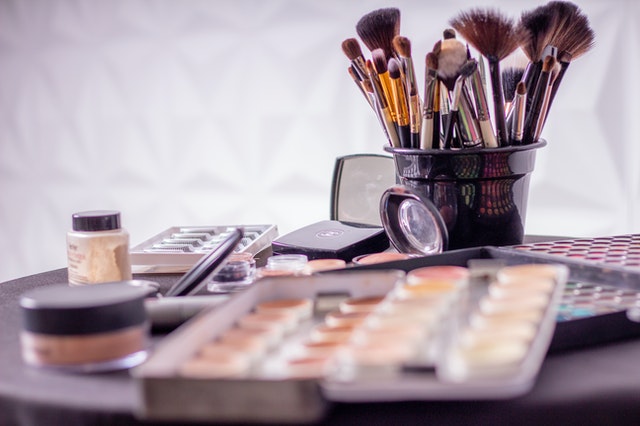
In recent months, the regulatory framework relating to cosmetic products has been subject to important revisions, some of which included within the already handled regulation, namely the “Regulation on the Supervision and Administration of cosmetics” – the CSAR (https://www.studiozunarelli.com/en/how-to-do-business-in-china/china-new-regulations-for-the-cosmetics-industry/) – that introduced, starting from the January 1 of the last year, a number of new provisions in the field of importation, production and selling of cosmetics within the Chinese territory.
On June 3, the NMPA (National Medical Products Administration) of the People’s Republic of China issued the “Administrative Measures on Cosmetics Labeling” (hereinafter New Measures), which are expected to come into force starting from May 1, 2022.
All operators proceeding with the registration or the filing of the information related to the product (respectively if they are special or general cosmetics) shall comply with the provisions provided for by the New Measures. Those operators who have already obtained the registration or the filing of the information shall proceed with the updating of the labels pursuant to the New Measures by May 1, 2023.
The New Measures are composed of 23 articles that aim at the unification and the standardization of the regulatory system in the field of cosmetics labeling in accordance with the CSAR.
With regard to the extension of the scope, the Art. 3 of the New Measures clarifies the definition of cosmetics label, which refers to words, symbols, numbers, patterns and other visible markings on the sale package, qualitative characteristics, safety warnings, as well as the inner and outer packaging containing identifying information.
Furthermore, all imported cosmetic products shall have the label in Chinese. In the case that further information in other language are present, the exactly equivalent description shall be reported also in Chinese on the product sale package, except for website or the name and address of foreign enterprises or technical terms for which the translation into Chinese characters is not possible. Thereby, the risk that the Chinese label could reduce or add content compared to the original one will be avoided.
In general, the Chinese name of the cosmetic product shall be composed of the following elements: trademark (distinctive element or the product trademark); common name (for example foundation, cleanser, etc.); nature of the product (emulsion, powder, etc.). The Art. 8 of the New Measures outlines the requirements for the above mentioned components. Notwithstanding the ban on specific claims (listed below), the common name generally contains references to the raw materials used for the production or to the scope or the usage of the product. On the other hand, the element referring to the product nature implies references to the physical properties or the shape.
With regard to ingredients, the New Measures provide that they shall be reported in descending order of presence within the final product. In case of ingredients present in quantity less than 0,1%, they shall be reported in a separate section referred to as “Other trace ingredients”, but not necessarily in descending order.
Lastly, the Art. 19 reiterates and expands the claims already prohibited by the previous regulation, listing 12 specific claims that are: medical terms and references to medical effects, false, exaggerated or misleading information, trademarks, symbols, design features that imply medical effects, terms not widely accepted by the scientific-medical community, fabricated or disparaging information, fictitious or unverifiable data, implication to other function than the real one, awards, certifications that have not been confirmed by authorities, names and images of public institutions, guarantees of safety and efficacy, vulgar and superstitious content, other content prohibited by the relevant laws.
The ever-expanding cosmetics market cannot disregard a strong regulatory system and it is for this reason that the standardization and the implementation of the legislation represents a necessary basis for an adequate development of this industry also in view of an increasingly stronger protection of the rights and interest of both operators and consumers.
Asia Desk – Studio Legale Zunarelli








